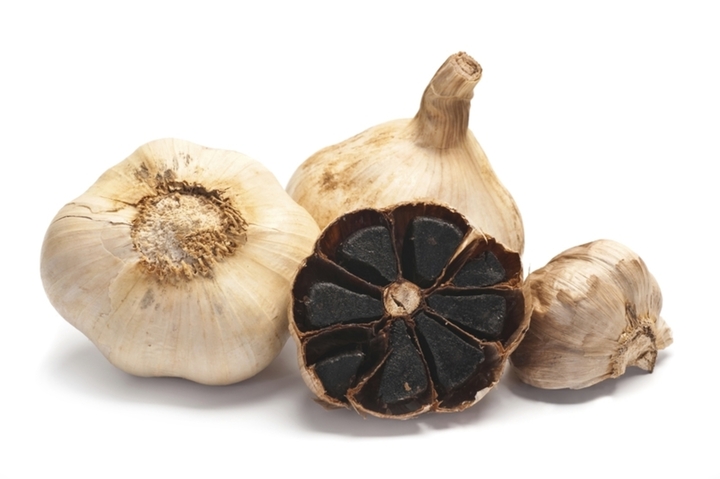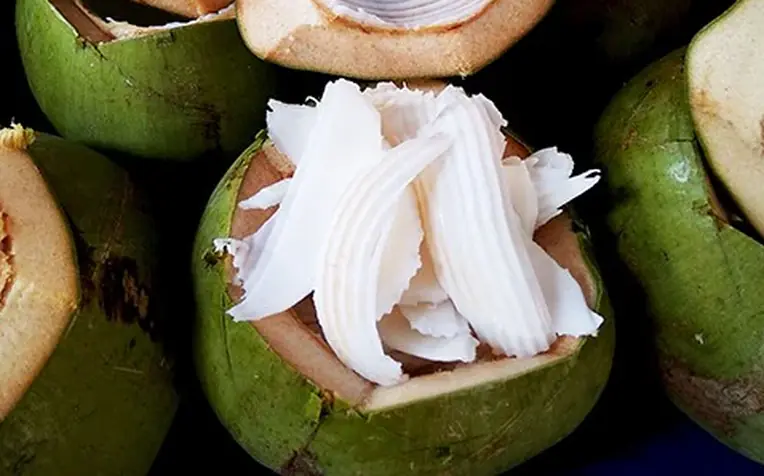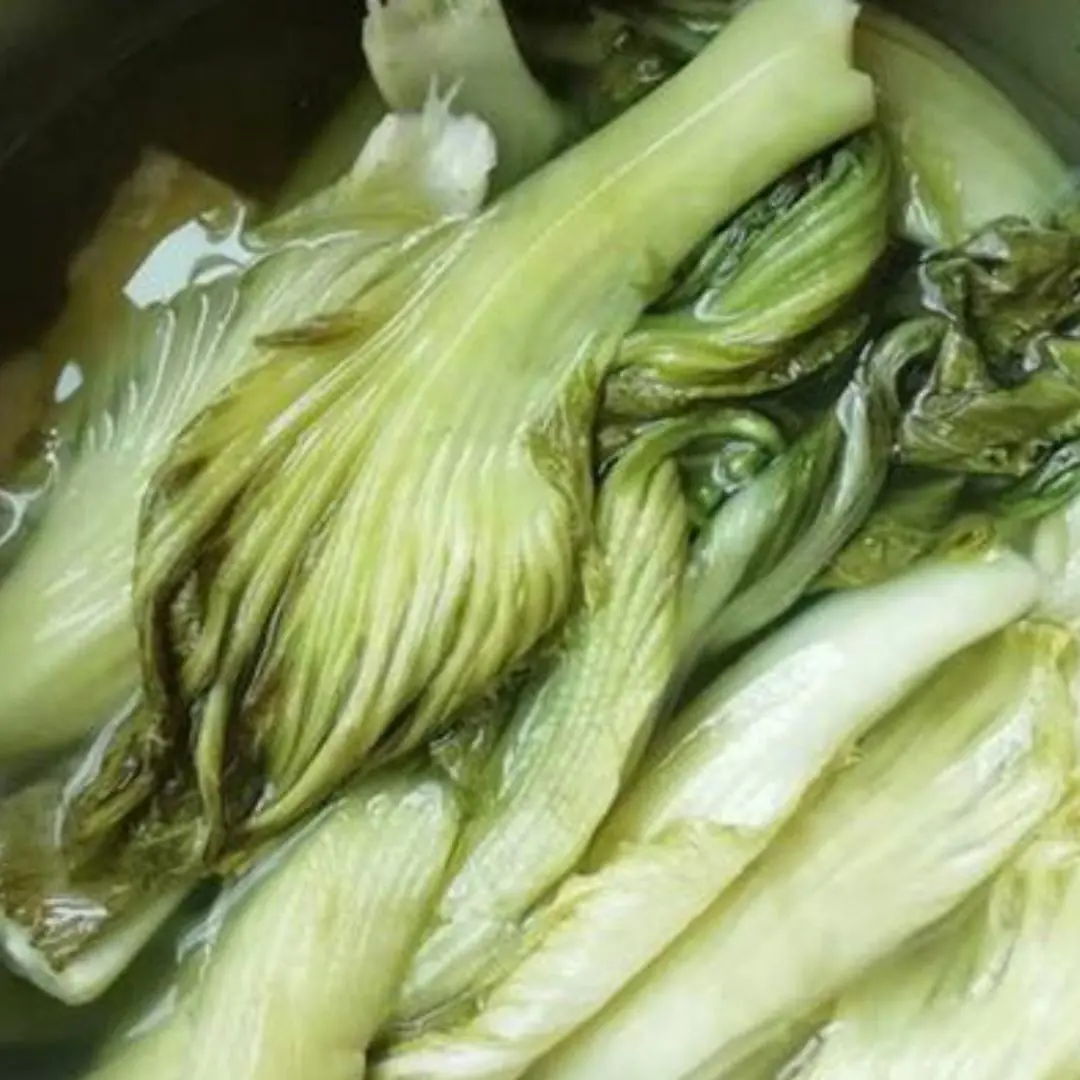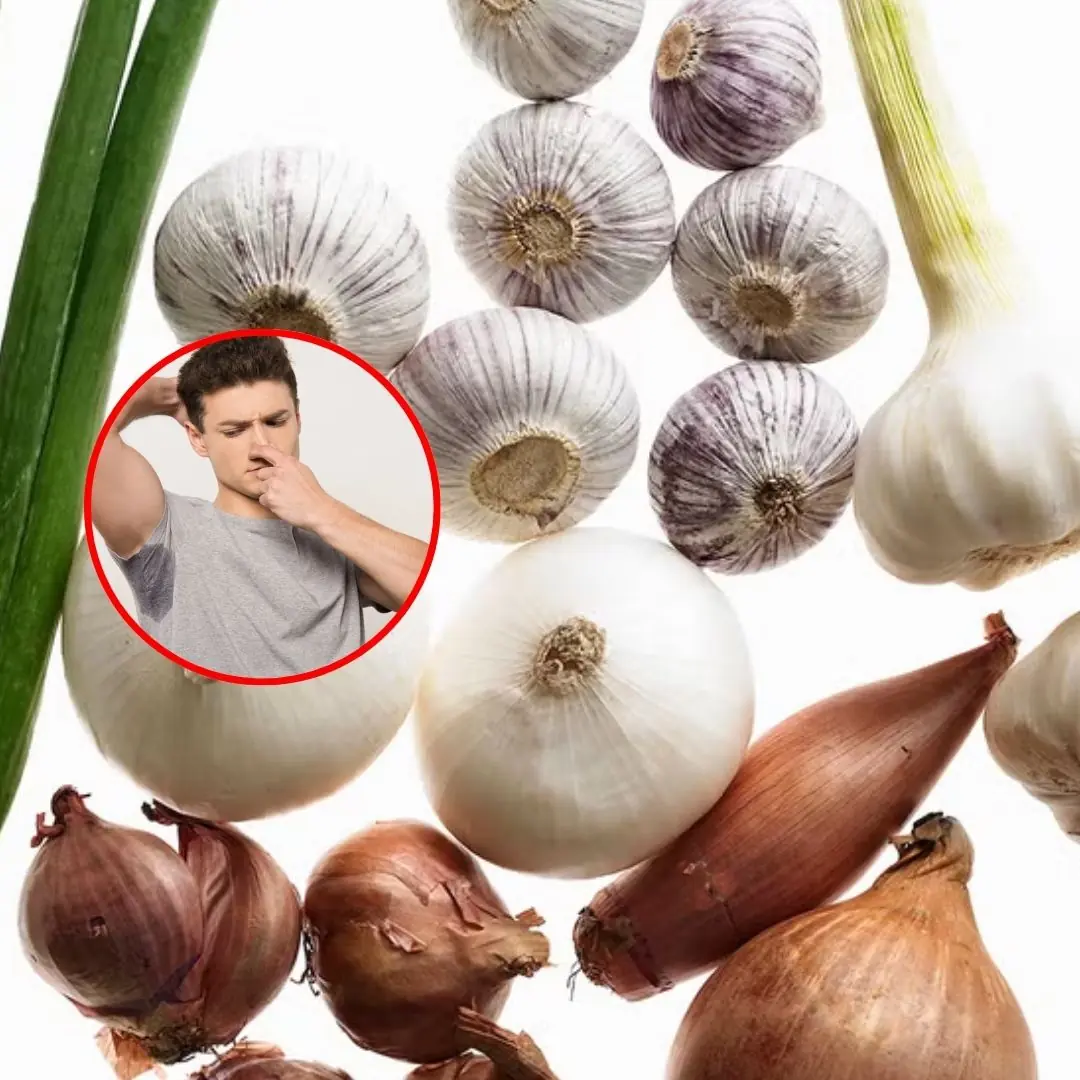
Shocking Truth: Black Garlic Isn’t for Everyone — 5 Types of People Who Should Avoid or Limit It Immediately
Shocking Truth: Black Garlic Isn’t for Everyone — 5 Types of People Who Should Avoid or Limit It Immediately
Black garlic has earned a reputation as a superfood — packed with antioxidants, low in fat, and even touted for its anti-aging and anti-cancer benefits. It’s sweet, chewy, and less pungent than raw garlic, making it a favorite in both culinary and health circles. But what many people don’t realize is this: black garlic is not suitable for everyone.
Yes, it’s natural. Yes, it’s packed with health benefits. But under certain circumstances, black garlic can do more harm than good.
Below are five groups of people who should avoid or significantly limit their intake of black garlic — for the sake of their health.
1. People with Low Blood Pressure (Hypotension)
Black garlic, like raw garlic, contains compounds that can dilate blood vessels and help lower blood pressure. While this is good news for people with hypertension, it’s a real danger for those with already low blood pressure.
Symptoms like dizziness, fatigue, blurred vision, or fainting may worsen when blood pressure drops further. If you already struggle with low blood pressure or take medications that lower it, black garlic may intensify your symptoms or interact with your treatment.
Warning: Don’t assume that “natural” means safe. If your blood pressure often runs low, speak with your doctor before consuming black garlic regularly.
2. People Taking Blood Thinners or Anticoagulant Medications
One of black garlic’s praised effects is its ability to improve circulation and prevent clotting. However, this benefit turns risky for people on blood thinners like warfarin, aspirin, clopidogrel, or heparin.
Black garlic can enhance the blood-thinning effect, increasing the risk of internal bleeding, bruising, or nosebleeds — sometimes without any obvious warning signs. In severe cases, it could even lead to hemorrhagic strokes or gastrointestinal bleeding.
If you're on blood-thinning medications, always consult your healthcare provider before adding black garlic or any garlic supplement to your diet.
3. People with Upcoming Surgery
Planning for surgery? Here’s something your doctor may not tell you: black garlic could interfere with your procedure.
Due to its blood-thinning properties, consuming black garlic before surgery may increase bleeding risk during or after the operation. This applies to both major surgeries and minor procedures such as dental extractions or skin biopsies.
Advice: Stop consuming black garlic (and all garlic supplements) at least 7–10 days before surgery to avoid complications. Always inform your medical team about your diet and supplements.
4. Individuals with Digestive Disorders (e.g., IBS, Gastritis)
While black garlic is fermented and easier to digest than raw garlic, it can still cause trouble for those with sensitive gastrointestinal systems. Its high fructan content — a type of carbohydrate — can trigger bloating, gas, cramps, or diarrhea, especially in individuals with Irritable Bowel Syndrome (IBS) or gastritis.
Moreover, the fermentation process may intensify these effects in people who already have weakened digestive systems.
If you notice digestive discomfort after eating black garlic, reduce your intake or avoid it entirely.
5. People with Garlic Allergy or Sensitivity
This one might seem obvious, but it’s worth stating clearly: if you're allergic to raw garlic, you should avoid black garlic too.
Though fermentation changes the taste and chemical makeup of garlic, it doesn’t eliminate all allergenic compounds. Allergic reactions to garlic can range from skin rashes, digestive upset, to severe anaphylaxis in rare cases. Even garlic sensitivity (non-allergic intolerance) can cause significant discomfort.
Always check with an allergist if you're unsure — and never assume that black garlic is automatically “safer” than raw garlic.
Conclusion: Superfood or Super Risk? Know Your Body First
Black garlic may offer numerous health benefits — but it's not a miracle food for everyone. The idea that a natural product is universally good is a dangerous myth. Just like medications, foods with strong bioactive properties can interact with your body in unpredictable ways.
If you fall into any of the categories listed above, be cautious. Your body’s unique health status should determine whether black garlic is right for you. When in doubt, speak with a qualified healthcare provider before making black garlic a part of your daily routine.
Because when it comes to your health, even the healthiest food can turn harmful in the wrong hands.
News in the same category


Stro.ke Emergency Response

4 Types of Fruit That Can “Silently Poi.son” Your Li.ver If Eaten the Wrong Way

5 hoarding habits that accidentally turn the refrigerator into a "bac.teria nest"

Tomatoes are good for health but 6 groups of people should not eat them to prevent adverse symptoms

3 Foods That Should Never Be Eaten with Eggs

Three Nighttime Symptoms That May Signal Can.cer

7 types of fruits and vegetables that many studies have shown to have the ability to support the inhibition of cancer cell growth

Doctors recommend eating less of this food

Don't drink water before bed but still urinate at night, beware of these 3 diseases

5 groups of people who should absolutely NOT eat chocolate – the 3rd group will surprise you!

Bitter mouth in the early morning - a silent sign of a serious illness?

People with blue ve.ins should pay attention to this

5 Foods That Can Increase Ca.n.c.er Risk – Should Be Limited In Daily Meals

3 types of fruit that can.cer cells love

6 Subtle Changes That May Signal the Early Stages of Colo.rectal Can.cer

7 Common Vegetables That Can Cause Kid.ney Stones

Why Can Young People Still Suffer Strokes and Sudden Death? 5 Dangerous Habits You Need to Quit Immediately

5 Delicious Foods Once Misunderstood as Har.mful

Spleen Cancer: A Rare But Dangerous Disease – You Need To Know!
News Post

Do you know: Which is the only country in the world without mosquitoes?

5 Surprising Uses of This Fruit You’ve Probably Never Heard Of

Is painless swollen lymph nodes behind the ear da.nge.rous?

Why Sleeping Next to Your Phone Could Be a Dangerous Habit

Stro.ke Emergency Response

4 Types of Fruit That Can “Silently Poi.son” Your Li.ver If Eaten the Wrong Way

You Might Smell Stronger After Eating These 8 Foods

Don't Cheat – The First Animal You See Will Reveal Your Weakness

Don’t Panic! Follow These Steps If a Bat Gets Into Your House

5 hoarding habits that accidentally turn the refrigerator into a "bac.teria nest"

Where is the 4th cat?

What Happens to Your Body If You Skip Breakfast Every Day

Tomatoes are good for health but 6 groups of people should not eat them to prevent adverse symptoms

4 Dangerous Mistakes When Thawing Fish

3 Foods That Should Never Be Eaten with Eggs

7 Summer Vegetables That Seem Clean but Aren't

3 Foods That Should Never Be Eaten with Eggs

Three Nighttime Symptoms That May Signal Can.cer

7 types of fruits and vegetables that many studies have shown to have the ability to support the inhibition of cancer cell growth
